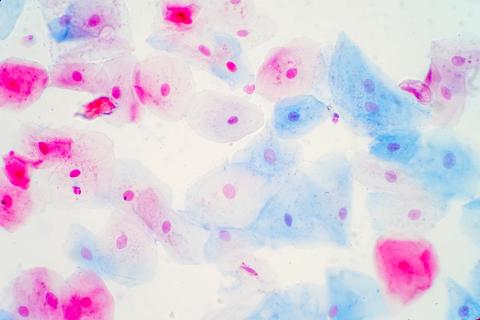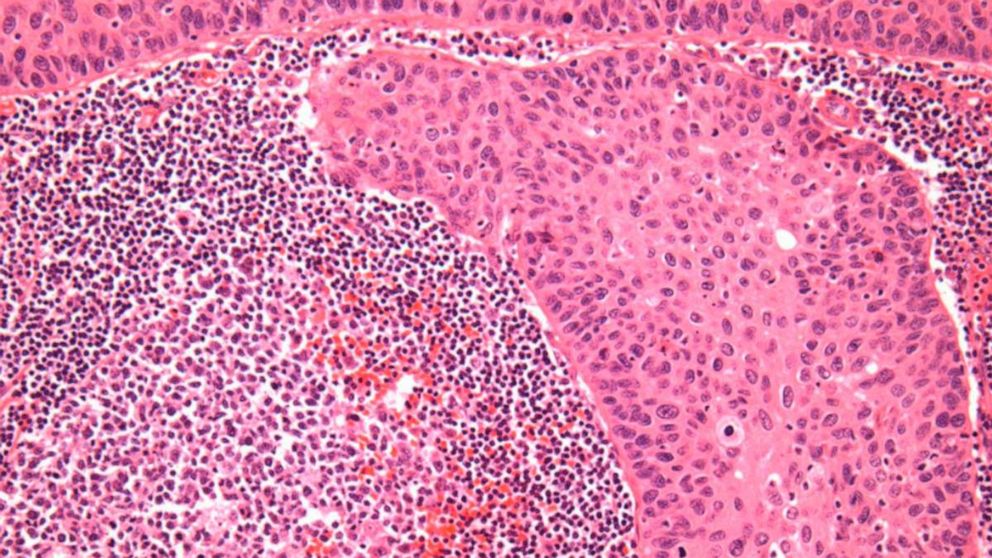Immunohistochemical Expression of P16 Protein and TGF β1 in Mice Liver
Exposed to Fumonisin B1
Sinai W. Mohammed 1* Basim M. Khashman 2 Noorulhuda F. Khalaf 1
Munira Ch. Ismeeal 3 Maysaa Kadhim Al-Malkey 1
Fungal toxins are toxic compounds with low molecular weight, produced by a few species of fungi in the field during the period of harvest (1).
A broad spectrum of Fusarium species causes diseases in plants and produces important mycotoxins like trichothecenes, zearalenone, and fumonisins, which are the major threats to animals and humans (2). These toxins can cross the epithelium of intestine causing a diverse effect in the immune system by impairing the function of macrophages, neutrophils, decrease the activity of lymphocyte, as well as the production of antibody (3).
The host becomes susceptible to infection with microorganisms during exposure to Fusarium toxins (4), depending on host factors such as; age, dose, and exposure time to the toxin (5).









